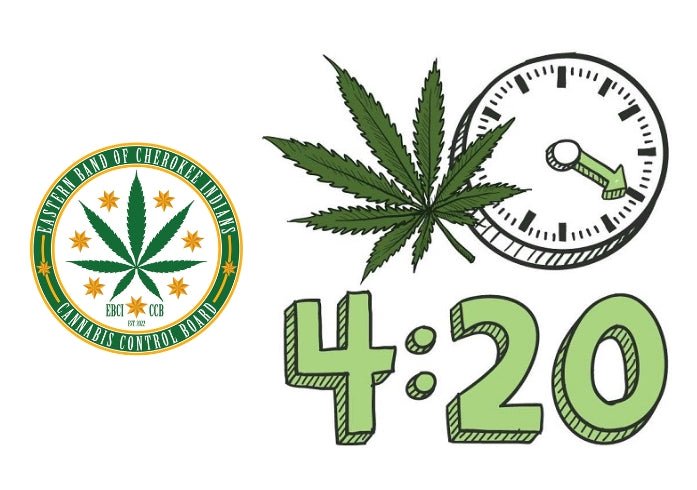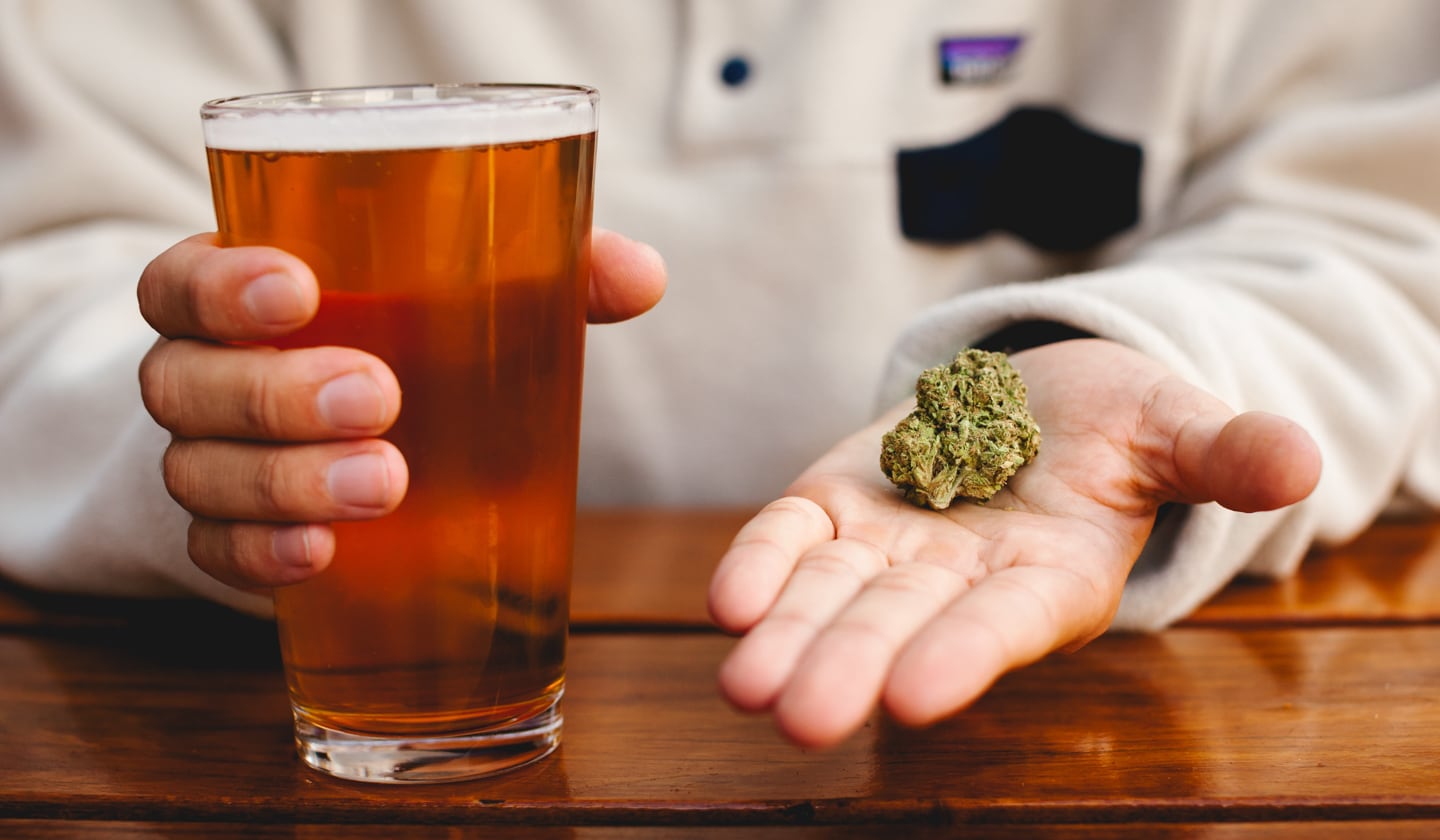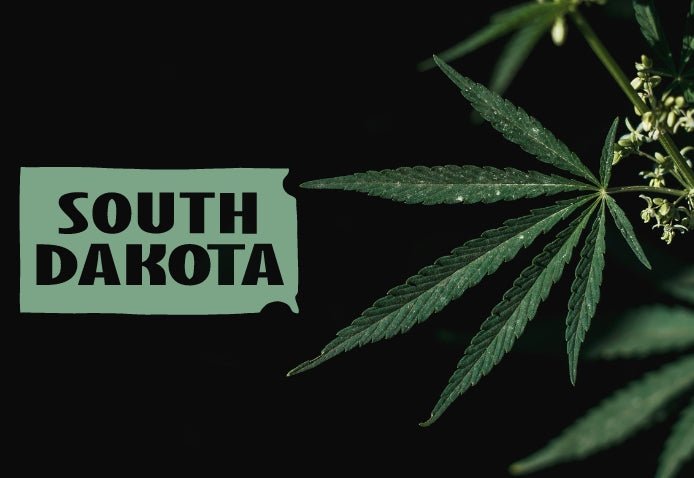The Eastern Band of Cherokee Indians, which approved a tribal measure last year legalizing adult-use cannabis sales for adults over 21, has set a target date of April 20, 2024, for opening its first tribal dispensary.

As many states are debating whether to legalize some form of marijuana sales (medicinal or recreational), there is one group of "original Americans" set to launch the first-ever legal cannabis sales within the borders of the traditionally conservative state of North Carolina.
Last September, the Eastern Band of Cherokee Indians (EBCI) voted to approve the legalization of recreational cannabis sales and possession for adults 21 and older, including non-members. Earlier this week, tribal leaders announced their intention to open its first of several retail marijuana dispensaries this coming "4/20 unofficial national cannabis holiday."
"It's the national cannabis holiday, right? Across the country, it's the biggest revenue date annually (for cannabis). It's like New Year's Eve at the casino," Lee Griffin, human resources director for the tribe's marijuana business, Qualla Enterprises, said of the 4/20 start date during an ECBI tribal council work session on Wednesday.
"It's the national cannabis holiday, right? Across the country, it's the biggest revenue date annually (for cannabis). It's like New Year's Eve at the casino."
- Lee Griffin, HR Director for the EBCI's marijuana business, Qualla Enterprises
Early on in the planning phase of the ambitious project, the tribe had to confront some significant logistical, legal, and political hurdles, the most glaring of which being the question of how to safely and legally transport the cannabis. One of the most vital aspects of the overall production plan included moving tribal-grown marijuana from EBCI cultivation sites to the dispensary via a short span of state-owned roadway, which presented a significant problem, according to North Carolina officials.
At the time of the tribe's approval of the legalization of recreational cannabis, Swain County Sheriff Curtis Cochran said he had "had several conversations with the chief, tribal attorney, and others about the transportation of cannabis. I stated that until North Carolina changes the law, it is still illegal to possess or transport marijuana on the highway."
Another obstacle in the tribe's way was the court of public opinion in the notoriously conservative state. To address any resistance from citizens and promote the overwhelming benefits of legalization, EBCI leaders published an op-ed piece in the tribal newspaper Cherokee One Feather, championing the benefits of adult-use sales.
In that article, tribal leaders compared the cannabis legalization initiative to a similar opportunity thirty years earlier when "the Cherokee People decided to build a casino."
"This was highly controversial at the time, in part because nowhere in the surrounding region allowed gaming. But we were not afraid to be different. Harrah's Cherokee Casino has benefited this tribe and its members in more ways than we ever imagined," the company said.
"This was highly controversial at the time, in part because nowhere in the surrounding region allowed gaming. But we were not afraid to be different. Harrah's Cherokee Casino has benefited this tribe and its members in more ways than we ever imagined."
- EBCI Op-Ed Piece from Cherokee One Feather
In addition, the article highlighted the economic benefits of the tribe's change in policy, citing estimates suggesting that the state's illegal cannabis market generated approximately $3.2 billion in 2022. It also detailed a statewide poll indicating that over 73% of North Carolinians support legal medical marijuana, a program the tribe also approved in 2021.
While tribal officials do not expect to capture the billions of dollars generated currently by the illicit marijuana sector, Forrest Parker, general manager of Qualla Enterprises, said last July that "If adult-use were legalized, revenue could conservatively reach $385 million in the first year and exceed $800 million by year five," according to a Cherokee One Feather report.
"If adult-use were legalized, revenue could conservatively reach $385 million in the first year and exceed $800 million by year five."
- Economic Report on Adult-Use Market Projections from Cherokee One Feather
The recreational marijuana market is expected to create much-needed jobs for tribal members as well. During this past week's tribal meeting, Griggin stated that roughly 1,400 people have already applied for cannabis-related jobs, with Qualla Enterprises aiming to hire just over 350.
With all the logistical and legal barriers now out of the way, leaders are confident they can meet the target of 4/20 to open the first dispensary. If successful, which is not in much doubt given the financial projections, EBCI officials hope to open additional dispensaries on tribal land across the state.
As the only entity authorized to sell legal recreational cannabis in a four-state region (North Carolina, South Carolina, Tennessee, and Georgia), the EBCI's retail dispensary could end up becoming just as much a tourist draw as the scenic Blue Ridge Mountain Parkway and sacred tribal sites.
And, as with most issues related to economic, cultural, and social progress, it is the indigenous population in the state leading the way to a stronger, healthier, and more enlightened future.








































